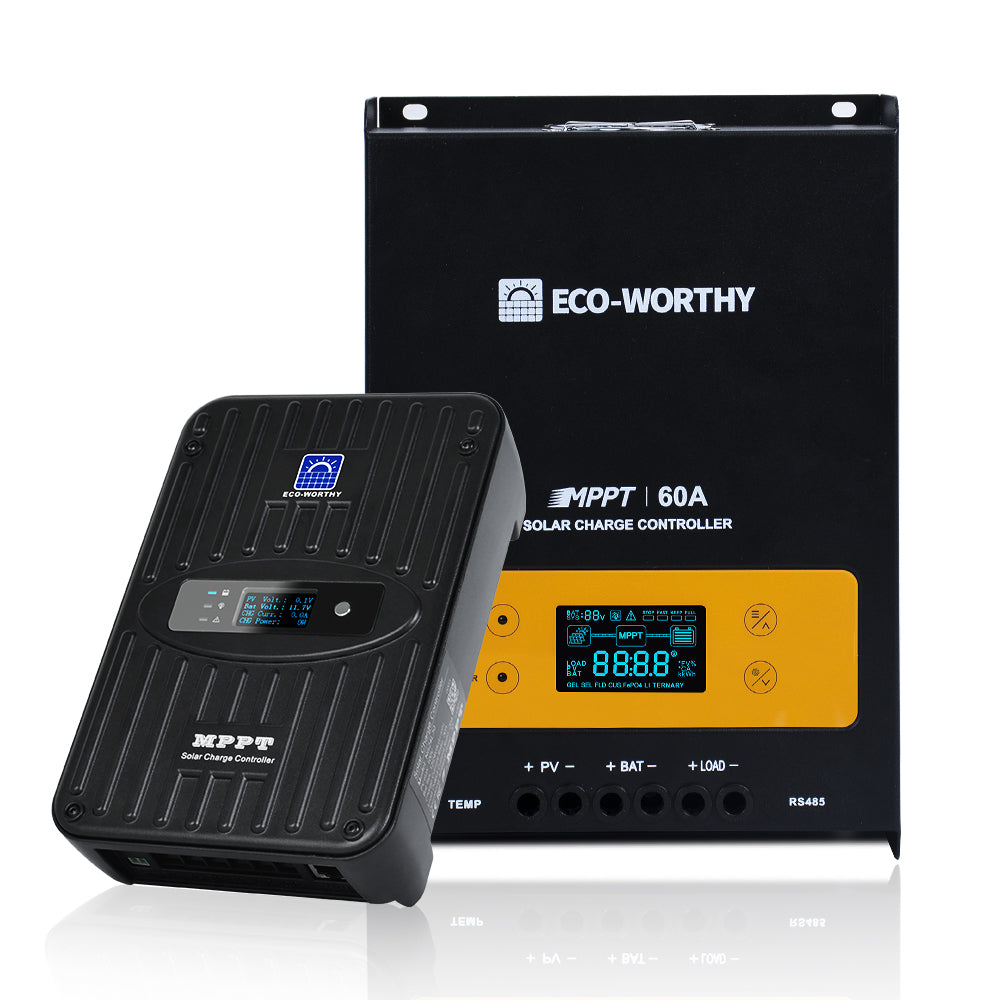Navigation
- Lithium Batteries: Everything You Need to Know
- UK Regulations for Battery Disposal
- Best Practices for Disposing of Lithium Batteries
- Alternatives to Disposal: Reusing and Repurposing
- What to Avoid When Disposing of Lithium Batteries
- Be a Responsible Battery User
Are you one of the millions of UK residents who rely on lithium batteries to power your devices, from smartphones to electric vehicles? While these batteries have revolutionized our daily lives, their improper disposal poses a significant threat to our environment. In fact, the UK disposes of over 600 million batteries each year. As a responsible consumer, it's crucial to understand the impact of your battery waste and adopt eco-friendly disposal methods. By taking action to dispose of your lithium batteries correctly, you can play a vital role in protecting our planet's health and preserving its resources for future generations.
Lithium Batteries: Everything You Need to Know
Lithium Batteries in Our Daily Lives
Lithium batteries, including lithium-ion batteries, are used in many devices we rely on every day. From smartphones and laptops to electric vehicles, these batteries are popular because they are small, light, and can store a lot of energy. Lithium-ion batteries are rechargeable and can be used many times before needing to be replaced.
Why Proper Disposal Matters for the Environment
When lithium batteries are not disposed of correctly, they can harm the environment. If they end up in landfills, the batteries can leak toxic chemicals like lithium, cobalt, and nickel into the soil and water, damaging ecosystems and contaminating drinking water sources. Additionally, if lithium batteries are damaged or exposed to high temperatures, they can catch fire or explode because they contain flammable materials.
Rechargeable vs. Single-Use Lithium Batteries
It's important to know the difference between rechargeable and single-use (non-rechargeable) lithium batteries. Rechargeable lithium batteries, like those in phones, laptops and Rvs, can be charged and used many times. This makes them a more environmentally friendly choice in the long run. Single-use lithium batteries, often found in watches and remote controls, can only be used once and must be disposed of when they run out of power.
UK Regulations for Battery Disposal
Laws and Regulations Governing Battery Disposal
In the UK, several laws and regulations have been put in place to ensure the proper disposal of batteries, including lithium and lithium-ion batteries. These rules aim to minimize the environmental impact of battery waste and promote recycling. The Battery Regulations 2009 and the Waste Batteries and Accumulators Regulations 2009 are two key pieces of legislation that govern the disposal and recycling of batteries in the country.
Retailer and Manufacturer Responsibilities
Under the UK's battery regulations, retailers and manufacturers play a crucial role in ensuring the proper disposal and recycling of lithium batteries. Retailers are required to provide collection points for used batteries, making it convenient for consumers to drop off their old batteries for recycling. Manufacturers, on the other hand, are responsible for financing the collection, treatment, and recycling of waste batteries, ensuring that these materials are handled in an environmentally friendly manner.
The WEEE Directive and Battery Recycling
The Waste Electrical and Electronic Equipment (WEEE) Directive is another important piece of legislation that impacts the disposal of lithium batteries in the UK. This directive sets targets for the collection, treatment, and recycling of electrical and electronic waste, including the batteries that power these devices. Under the WEEE Directive, manufacturers are required to design products that are easier to recycle and to provide information to consumers about the proper disposal of these items. By working in conjunction with the Battery Regulations, the WEEE Directive helps to ensure that lithium batteries are disposed of safely and recycled efficiently.
Best Practices for Disposing of Lithium Batteries
1. Ensuring Safe Handling Before Disposal
Before disposing of your lithium batteries, it's essential to take some precautionary measures to ensure safe handling and prevent potential hazards. One crucial step is to tape the terminals of the batteries with electrical tape or cover them with plastic caps to avoid short-circuiting during storage and transportation. Additionally, it's vital to keep lithium batteries separate from general waste and other types of batteries to prevent contamination and reduce the risk of fires or explosions.
2. A Step-by-Step Guide to Eco-Friendly Battery Preparation
To prepare your lithium batteries for eco-friendly disposal, follow these simple steps:
- Identify the type of lithium battery you have (rechargeable or single-use).
- If the battery is rechargeable, discharge it completely before disposal.
- Place electrical tape over the battery terminals or use plastic caps to cover them.
- Store the batteries in a cool, dry place, away from heat sources and direct sunlight.
- Keep the batteries separate from other types of waste and batteries.
By following this step-by-step guide, you can ensure that your lithium batteries are ready for safe and environmentally friendly disposal at a recycling center.
3. Sorting Batteries for Recycling Center Drop-Off
When you arrive at a recycling center to drop off your lithium batteries, it's important to sort them according to the facility's guidelines. Most recycling centers have separate containers for different types of batteries, such as lithium, alkaline, and nickel-cadmium. Some facilities may also require you to separate rechargeable and single-use batteries. Be sure to check with your local recycling center for their specific sorting requirements to ensure that your batteries are recycled efficiently and safely. By taking the time to sort your batteries properly, you can contribute to a more streamlined and effective recycling process.
Alternatives to Disposal: Reusing and Repurposing
1. Extending the Life of Your Lithium Batteries
Before disposing of your lithium batteries, consider ways to make them last longer. One simple method is to charge your devices properly. Avoid overcharging and remove them from the charger once they reach 100%. This helps maintain the battery's health and extends its lifespan. Also, store your batteries in a cool, dry place when not in use, as extreme temperatures can make them wear out faster.
2. Reusing and Repurposing Old Lithium Batteries
If you have old lithium batteries that no longer hold a charge, there are still ways to use them before recycling. However, be cautious and make sure the batteries are not damaged or leaking. One idea is to use old batteries to power LED lights in DIY projects, like a battery-powered night light or a portable camping lantern. You can also use them in low-power electronics projects, such as powering a small fan or a motion sensor. By reusing your old lithium batteries, you give them a second life and help reduce the need for new batteries.
3. Safety First
While reusing old lithium batteries can be fun and eco-friendly, safety should always come first. Check the batteries for any signs of damage, swelling, or leakage before using them. If you notice any issues, don't use the battery and dispose of it properly at a recycling center. When using lithium batteries in DIY projects, follow proper electrical safety guidelines and never use the battery beyond its rated voltage or current. By being cautious, you can safely find creative ways to extend the life of your lithium batteries while reducing their environmental impact.
4. Locating Your Nearest Recycling Center
When it's finally time to dispose of your lithium batteries, use online recycling locator tools to find the nearest recycling center. As shown in the image, you can enter your postcode and search for specific items to recycle. This tool will help you find local recycling centers, clothing banks, or tips where you can safely dispose of your lithium batteries.
What to Avoid When Disposing of Lithium Batteries
Proper disposal of lithium batteries is crucial for environmental safety and personal well-being.
1. Don't Toss Them in Regular Trash
Never throw lithium batteries into your regular trash. This seemingly innocuous act can lead to dire consequences. When these batteries end up in landfills, they risk contaminating soil and water sources with toxic chemicals. Moreover, the potential for fires in waste management facilities increases dramatically when lithium batteries are mixed with general refuse.
2. Avoid Damaging the Battery
Do not attempt to crush, puncture, or dismantle lithium batteries. These actions can trigger chemical reactions, leading to:
- Unexpected fires
- Hazardous chemical leaks
- Potential explosions
Leave the recycling process to professionals equipped to handle these volatile power cells safely.
3. Never Store with Metal Objects
Avoid storing or transporting lithium batteries alongside metal objects. This precaution is vital because:
- Metal items can cause short circuits if they come into contact with battery terminals.
- Short circuits may result in rapid temperature increases.
- Overheating can lead to thermal runaway, potentially causing fires or explosions.
Keep your lithium batteries in a non-conductive container, separate from keys, coins, and other metallic items.
4. Don't Expose to Fire or High Heat
Under no circumstances should you dispose of lithium batteries in fire or expose them to high temperatures. The consequences can be severe:
- Intense, difficult-to-extinguish fires
- Release of toxic fumes
- Risk of explosion, endangering people nearby
Always keep lithium batteries away from heat sources and direct sunlight, especially during disposal.
5. Don't Mix with Other Battery Types
Refrain from mixing lithium batteries with other types of batteries for disposal. Different battery chemistries require distinct recycling processes. Combining various battery types can:
- Complicate the recycling procedure
- Reduce the efficiency of material recovery
- Potentially create hazardous chemical reactions
Sort your batteries by type before taking them to a recycling center, ensuring each variety can be processed appropriately.
Be a Responsible Battery User
As we've explored the importance of proper lithium battery disposal, it's clear that our individual actions can make a significant difference. By following the guidelines outlined in this guide, you're not just disposing of batteries safely; you're actively protecting our environment, preventing potential hazards, and contributing to the efficient recycling of valuable resources. Remember, every battery you handle responsibly is a step towards a cleaner, safer future. Let's commit to being mindful consumers and responsible citizens by properly disposing of our lithium batteries. Your small efforts today can lead to a big positive impact on our planet tomorrow.
















